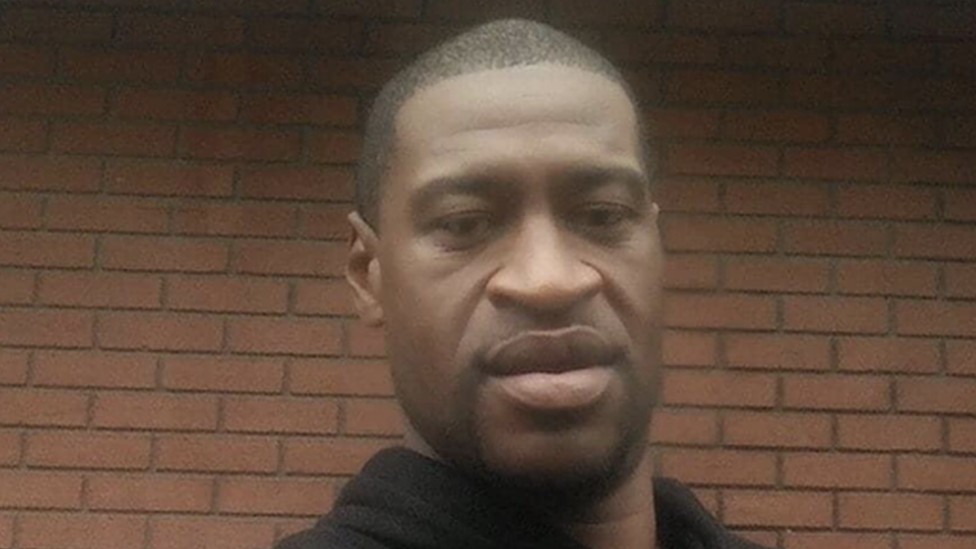Psychology Behind George Floyd Incident
The murder of George Floyd by police officers in Minneapolis on May 25, 2020, sparked global outrage and protests against systemic racism and police brutality. The incident was captured on video, showing Floyd pleading for his life as an officer knelt on his neck for over nine minutes, ultimately leading to his death. The psychological aspects of this case are complex and multifaceted, involving the victim, the perpetrators, and the broader social context.
The Victim's Perspective
From a psychological standpoint, George Floyd's situation can be understood in terms of fear, helplessness, and the perception of imminent threat. His pleas for help and references to his inability to breathe suggest a state of intense distress and panic. Additionally, the power dynamic between Floyd and the officers, coupled with the visible display of force, likely exacerbated his sense of vulnerability and despair.
The Perpetrators' Perspective
The motivations of the officers involved in the incident are a subject of ongoing debate and investigation. Psychological factors that may have contributed to their actions include:
* Dehumanization: The perception of George Floyd as less than human, perhaps due to racial stereotypes or biases, can diminish empathy and compassion.
* Abuse of Power: The power imbalance between police officers and civilians can create a sense of entitlement and a willingness to use excessive force.
* Bystander Effect: The presence of multiple officers may have led to a diffusion of responsibility, with each individual feeling less accountable for their actions.
The Social Context
The broader social context in which the incident occurred is also crucial to understanding its psychological dimensions. Systemic racism, historical injustices, and ongoing biases can create a climate of fear, mistrust, and anger within marginalized communities. These factors can contribute to the psychological trauma experienced by victims of police brutality and their loved ones.
Expert Quotes
"The murder of George Floyd was a horrific act of violence that has had a profound impact on individuals and communities around the world. From a psychological perspective, it is important to consider the complex interplay of factors that contributed to this tragedy, including the victim's experience, the perpetrators' motivations, and the broader social context." - Dr. Stephanie C. Thomas, Associate Professor of Psychology at the University of Michigan
"The video of George Floyd's murder is a stark reminder of the systemic racism and police brutality that continue to plague our society. The psychological consequences of such events can be devastating, leading to trauma, anxiety, and depression. It is essential that we address these issues through systemic reforms and a commitment to social justice." - Dr. Ibram X. Kendi, Director of the Center for Antiracist Research at Boston University
Citations
* Kendi, I. X. (202. Stamped from the Beginning: The Definitive History of Racisim in America. Vintage Books.
* Thomas, S. C. (2021). The Psychology of Racial Trauma: Understanding and Addressing the Impact of Racism on Individuals and Communities. American Psychological Association.
* The New York Times. (202. George Floyd: An Examination of the Case. https://www.nytimes.com/article/george-floyd.html
The murder of George Floyd was a tragic event with far-reaching consequences. Understanding the psychological factors involved can help shed light on the underlying causes of police brutality and systemic racism. By addressing these issues, we can work towards a more just and equitable society.
#nigabook #nigatola #niga #নিগাতলা #নিগাবুক #নিগা






Niga Musk
Delete Comment
Are you sure that you want to delete this comment ?